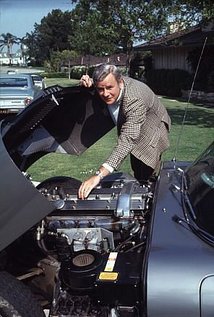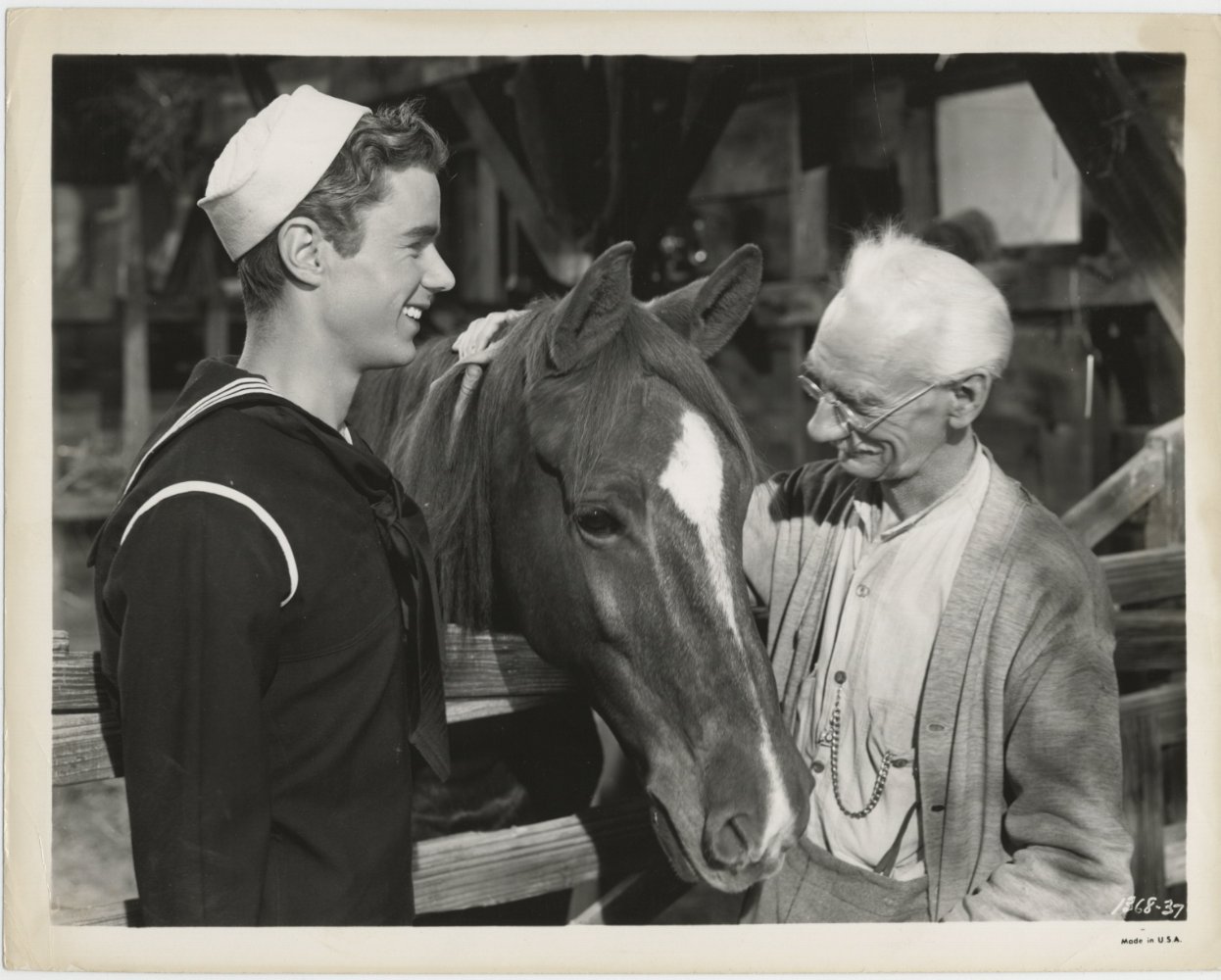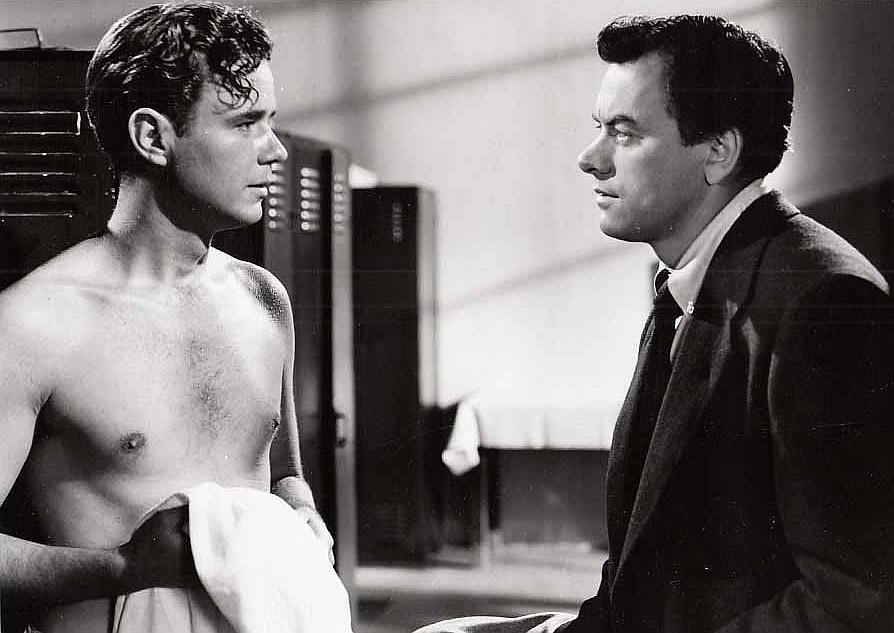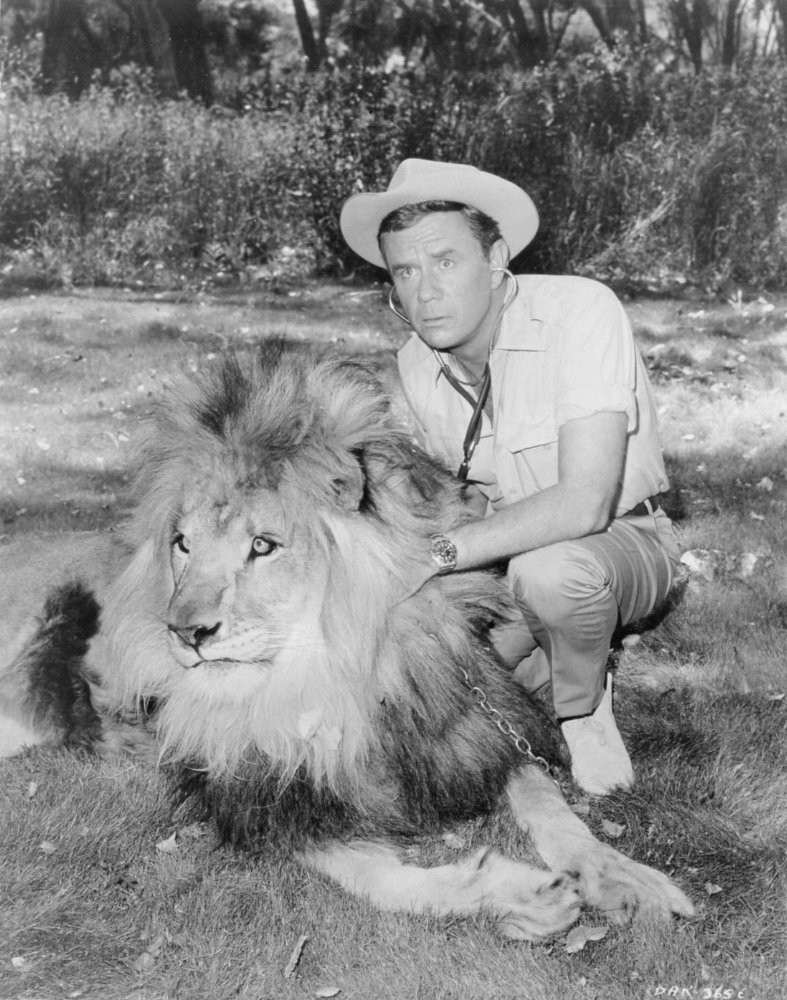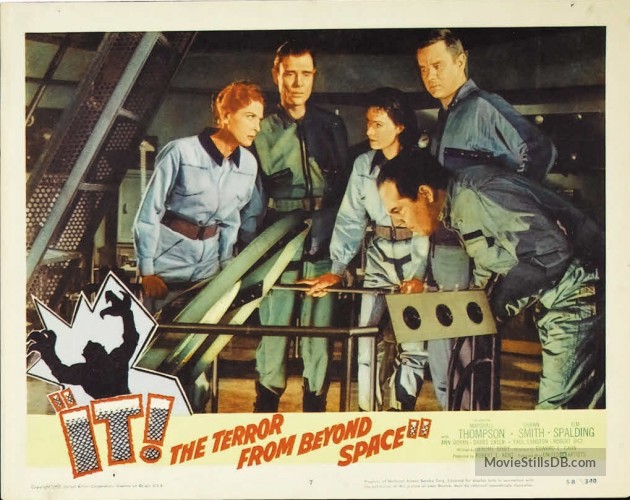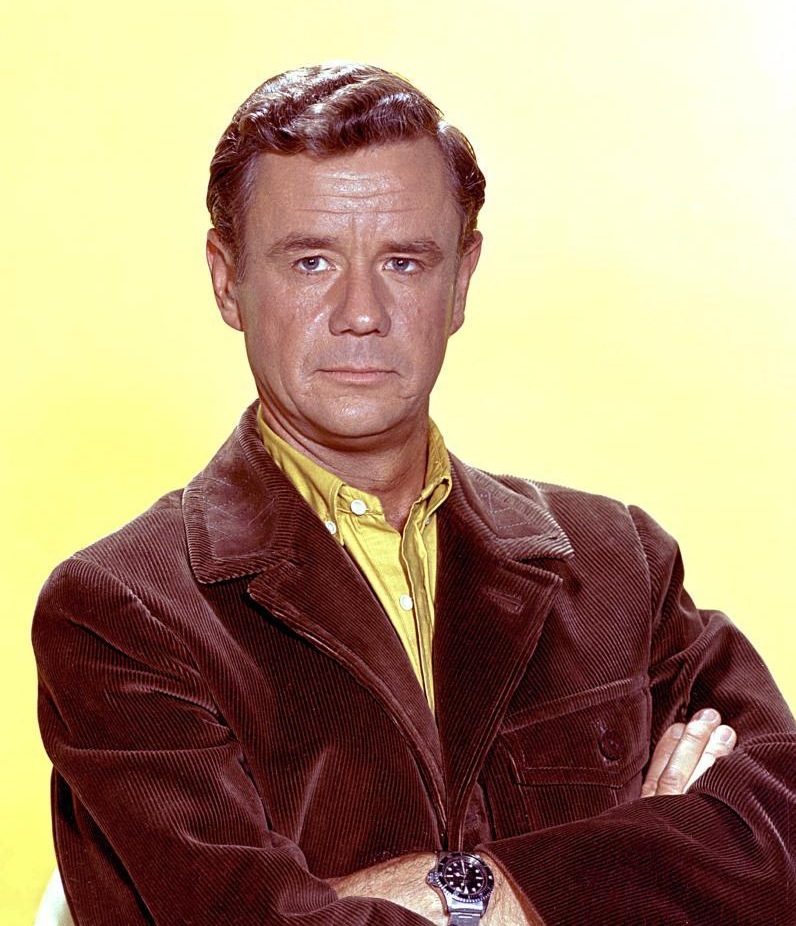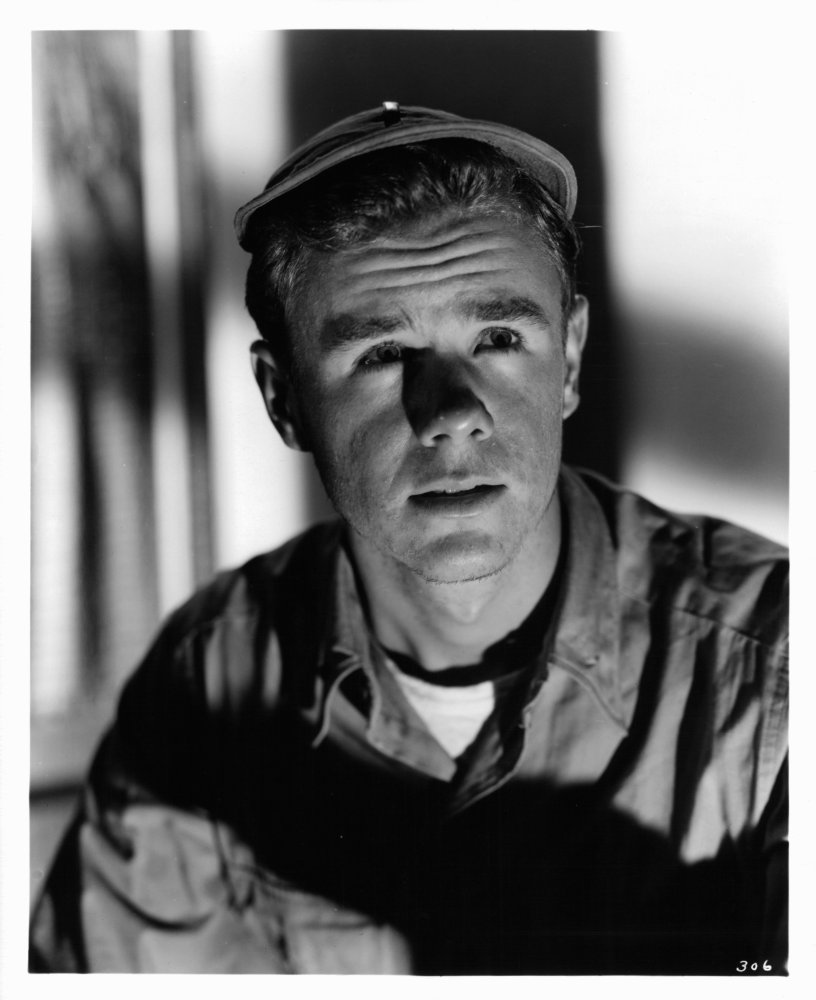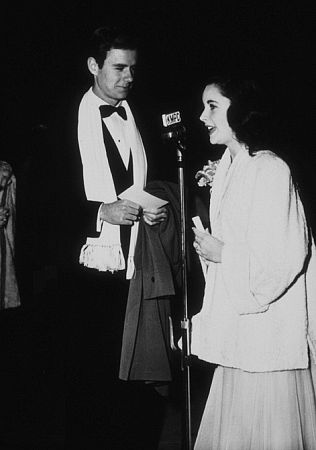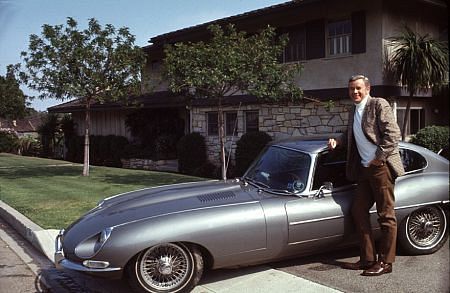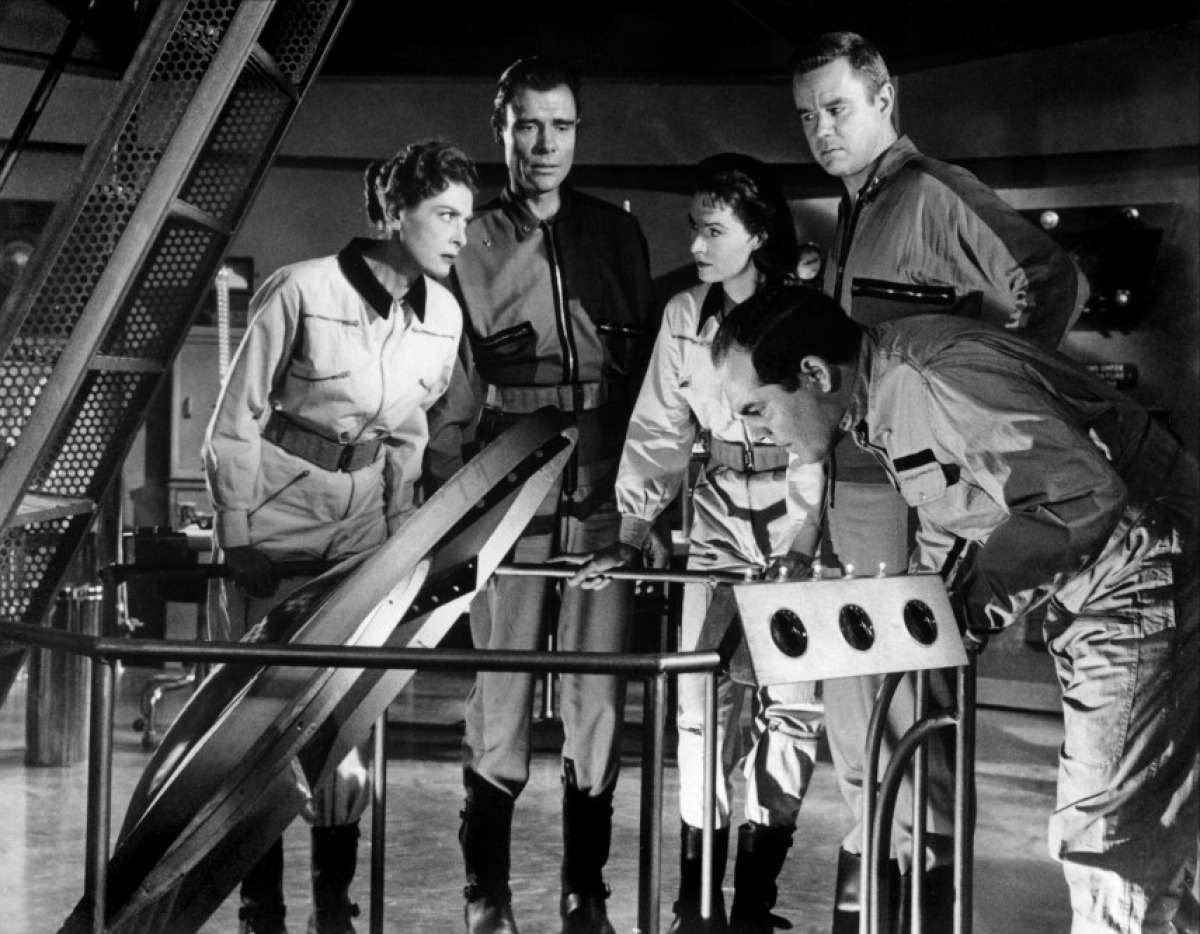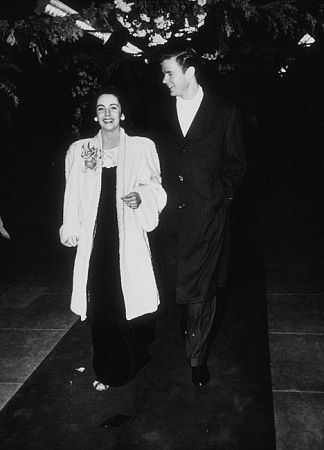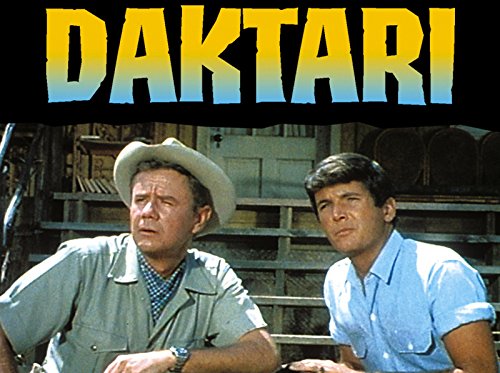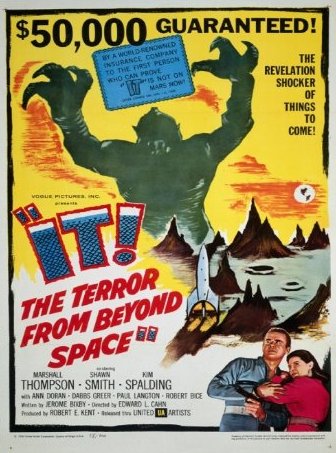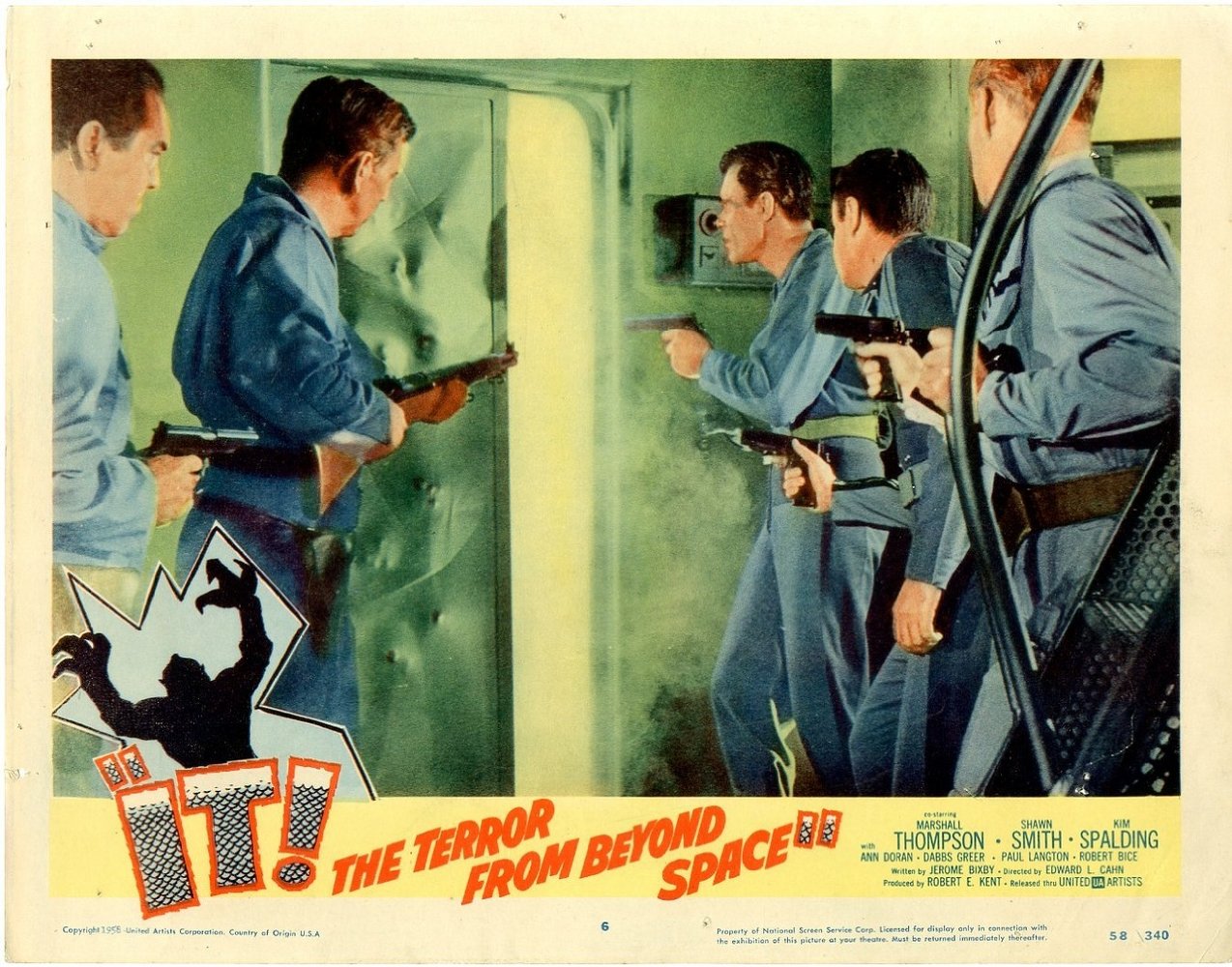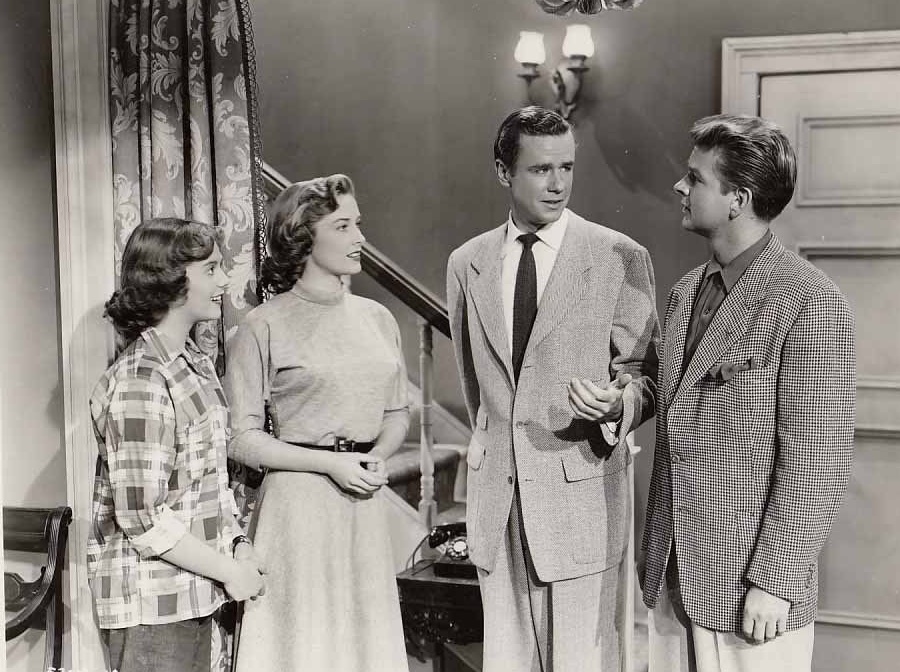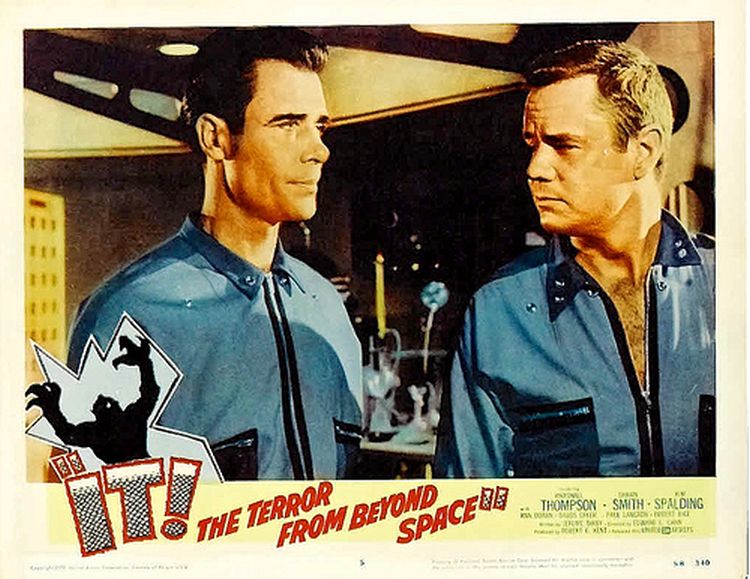Although he geared himself up for major film stardom throughout the 1950s, it took a leading role on a 1960s TV series opposite a lion and chimpanzee to make Marshall Thompson a genuine household name. Born on November 27, 1925, and named James Marshall Thompson after an ancestor, a famed Supreme Court justice, he moved at age 5 with his parents fr...
Show more »
Although he geared himself up for major film stardom throughout the 1950s, it took a leading role on a 1960s TV series opposite a lion and chimpanzee to make Marshall Thompson a genuine household name. Born on November 27, 1925, and named James Marshall Thompson after an ancestor, a famed Supreme Court justice, he moved at age 5 with his parents from his Peoria, Illinois, hometown to the Los Angeles area. There his father set up a successful Westwood practice in dentistry that continued for over three decades. His mother once took to the stage as a concert singer and musician. Marshall was their only child.He caught the acting bug while in high school when he appeared in a number of school productions and was spotted by a local talent agent. This did not pan out, but he also acted upon his early skills as a writer. The Westwood Village Players produced the young high school student's ambitious three-act play "Faith," the story of two young aviators in a Nazi prison. He enrolled at Occidental College, where he switched from prey-med to drama. He was also a member of the college's cross-country team. The athletic, lanky-framed, good-looking collegiate was rediscovered while performing as one of the Occidental Players in 1944. This time, he made good and was signed to a Universal contract. He began in minor war-era films with Reckless Age (1944) starring Gloria Jean and was quickly brought over to MGM on the strength of this film.With most big stars off to war, Marshall was given the chance to work quite steadily in perfunctory nice-guy assignments such as Blonde Fever (1944), The Clock (1945), They Were Expendable (1945) and Bad Bascomb (1946) opposite Frances Rafferty. His first association with animals came with the lead in the horse-friendly yarn Gallant Bess (1946), MGM's first film produced in CineColor. The handsome Marshall went on to provide yeoman work in the war dramas Homecoming (1948), Command Decision (1948) and Battleground (1949), becoming an instant babysitters idol to film fans. A genial player on screen, he managed to show potential outside his benign typecast in Dial 1119 (1950) as a cold-hearted, baby-faced killer, and finished his MGM contract out with The Tall Target (1951) playing a potential assassin of Abraham Lincoln. Freelancing for the next several years after losing his contract to MGM owing to a change of management, he assisted a few serious-minded dramas but a noticeable pall soon took over his career with "B" thrillers taking up the bulk of his time. He achieved a bit of cult infamy with the films Cult of the Cobra (1955) Fiend Without a Face (1958), It! The Terror from Beyond Space (1958) and First Man Into Space (1959). A couple of notable exceptions were his strong roles in the Audie Murphy starter To Hell and Back (1955) and La grande caccia (1957), in which he performed his own dangerous stunts and developed a lifelong passion for Africa and wildlife.It was this aforementioned wildlife association, combined with TV, that made the biggest dramatic impact on his career. Throughout the 1950s Marshall appeared faithfully in small-screen presentations, but in 1966 he was cast as a series lead, that of game warden Dr. Marsh Tracy in the African adventure Daktari (1966) developed by Ivan Tors and filmed at Africa, U.S.A., a wild-animal theme park near Los Angeles. Although overshadowed sometimes by those inveterate scene-steals Clarence the Cross-eyed Lion and Judy the Chimpanzee, Marshall provided a strong, honest, authoritative yet friendly persona and earned the most attention yet in his nearly two-decade-long career. He was also involved in nearly every aspect of the show and was afforded the opportunity to direct a few episodes. The series lasted four seasons, and following his departure, continued in the animal vein and his association with Tors by hosting the live action daytime series Jambo (1969), starring in the feature film Clarence, the Cross-Eyed Lion (1965) (which he co-wrote), and directing some episodes of Flipper (1964). Lying low after his final feature film, Around the World Under the Sea (1966), which starred assorted TV adventure alumni including Flipper (1964) star Brian Kelly and Sea Hunt (1958) lead Lloyd Bridges, he spent much of his later time providing footage for wildlife documentaries.An avid photographer, horseman, and guitarist, among many other talents, he died at age 66 in 1992 of congestive heart failure and was survived by his wife Barbara Long, daughter Janet, and grandson Jackson.
Show less «

